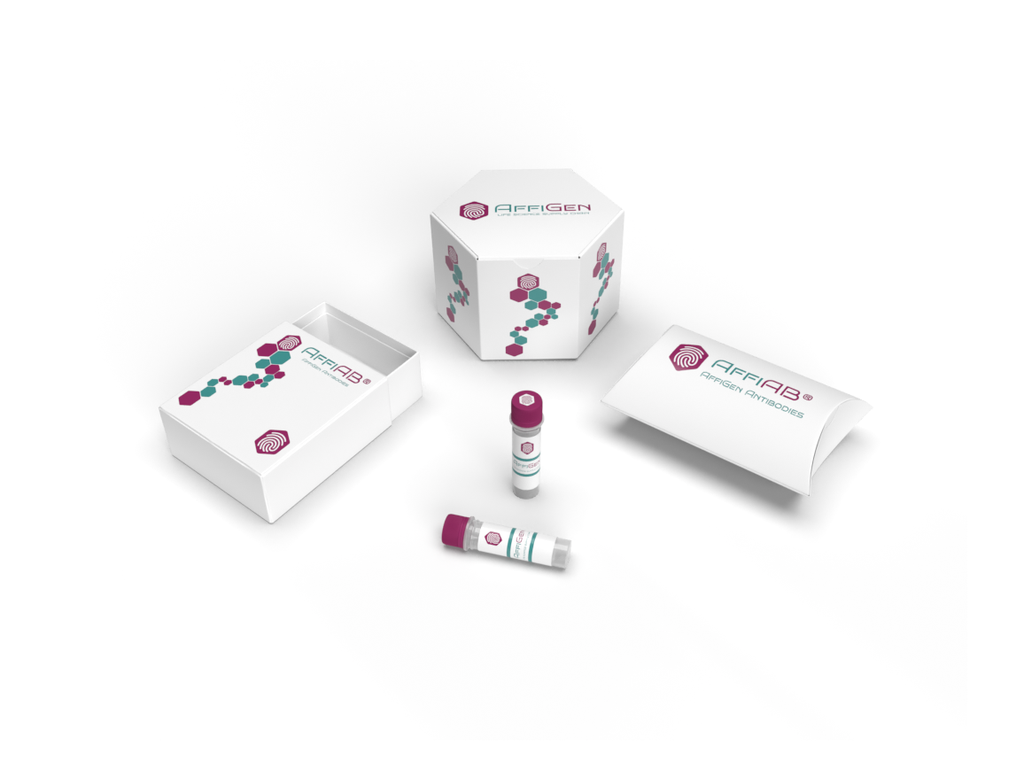AffiAB® Anti-LRRK2 Antibody
Parkinson's disease is a disorder of movement, cognition and emotion. It is characterized pathologically by neuronal degeneration with Lewy bodies, which are cytoplasmic inclusion bodies containing deposits of aggregated proteins. Mutations in the leucine-rich repeat kinase 2 gene (LRRK2) cause autosomal-dominant parkinsonism, with clinical features of Parkinson's disease and with pleomorphic pathology including deposits of aggregated protein. The LRRK2 protein consists of multiple domains and belongs to the Roco family, a novel group of the Ras/GTPase superfamily. Besides the GTPase (Roc) domain, it contains a predicted kinase domain, with homology to MAP kinase kinase kinases. LRRK2 is localized in the cytoplasm and is associated with cellular membrane structures. The purified LRRK2 protein demonstrates autokinase activity.
Antibody type
Rabbit polyclonal Antibody
Uniprot ID
SwissProt: Q5S007 Human; SwissProt: Q5S006 Mouse
Recombinant
NO
Conjugation
Non-conjugated
Host
Rabbit
Isotype
IgG
Clone
N/A
KO/KD
N/A
Species reactivity
Human, Mouse
Tested applications
WB, IF-Cell, IHC-P
Predicted species reactivity
N/A
Immunogen
Synthetic peptide within C-terminal human LRRK2.
Storage
Store at +4°C after thawing. Aliquot store at -20°C or -80°C. Avoid repeated freeze / thaw cycles.
Form
Liquid
Storage buffer
1*PBS (pH7.4) , 0.2% BSA, 50% Glycerol. Preservative: 0.05% Sodium Azide.
Concentration
1 mg/mL.
Purity
Immunogen affinity purified.
Signal pathway
Parkinson’s disease, Neuroscience
Recommended dilutions
WB: 1:500-1:1, 000; IF-Cell: 1:50-1:200; IHC-P: 1:50-1:200
Molecular Weight
Predicted band size: 286 kDa
Subcellular location
Mitochondrion. Lysosome. Golgi apparatus.
Positive control
A549, N2A, SHSY5Y, human liver tissue, human kidney tissue, mouse brain tissue, mouse cerebellum tissue.
